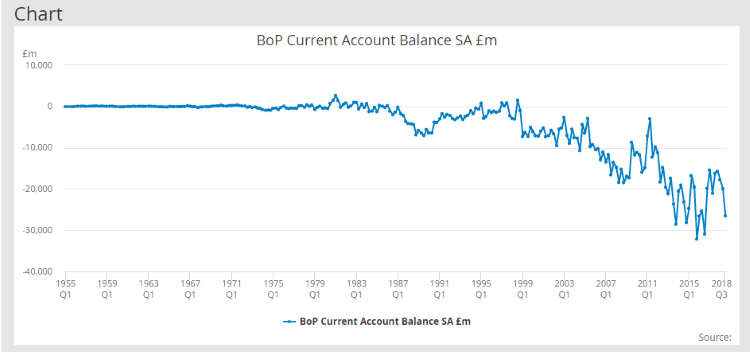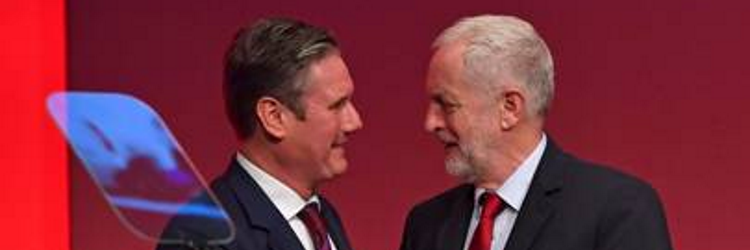This (European) Commission and Parliament must be the worst ever. Previous Parliaments have stopped ACTA & TTIP, previous Commissions have sanctioned Microsoft and Intel but it seems that this regime is going to commit two huge mistakes in regulating the new techno-economy.
The European Council has made the proposed Copyright Directive even worse! The link tax and the upload filters are still in place but the protections for authors and researchers have been weakened. The duties on social media sites with respect to licensing material are onerous to the extent of impossibility but then the law was always designed to transfer money from the datenkraken to legacy publishing businesses and turn the internet into a commercial jukebox. It’s so poor that despite,
As the entertainment industry representatives have said repeatedly during this fight, they are after nothing less than a fundamental reshaping of the Internet, where our ability to use networks for employment, family, civics, politics, education, collaboration, romance, and all the other purposes we put them to are subordinated to the use of the Internet as a glorified jukebox and video-on-demand service — where killing every EU competitor to U.S. Big Tech is an acceptable price to pay if it means transferring a few points to Big Content’s balance sheet. corydoctorow @eff
even the music companies now no longer want this law as it is.
The other piece of legislation is the Public Sector Information (PSI) Directive in which the Government’s have weaked the principle that public money buys public domain. For more see Glyn Moody on Tech Dirt, EU’s New ‘Open By Default’ Rules For Data Generated By Public Funding Subverted At The Last Minute.
Julia Reda, the Euro Pirate Party MEP writes on how to stop the Copyright Directive and points that the final votes in the Parliament will take place in the run-up to the Parliamentary elections. Not sure if the UK is taking part in them, or if there will be a selection for the candidates in the Labour Party, there wasn’t in 2012, they forgot, but I shall be writing to the Labour MEPs asking them to vote to support freedom of speech and a free internet.
You might want to too! …










